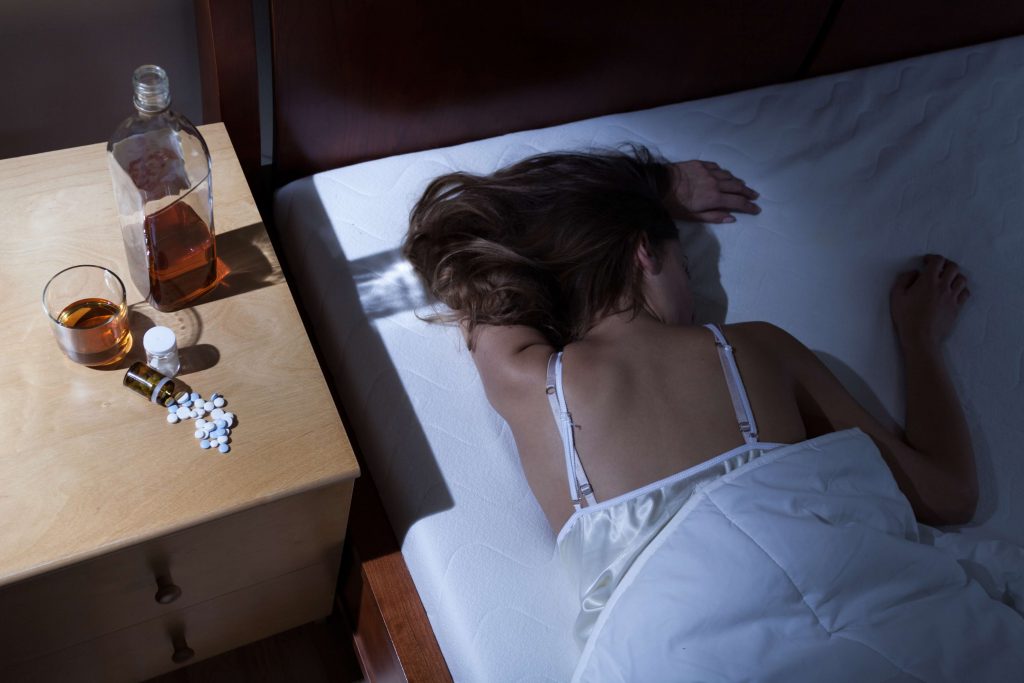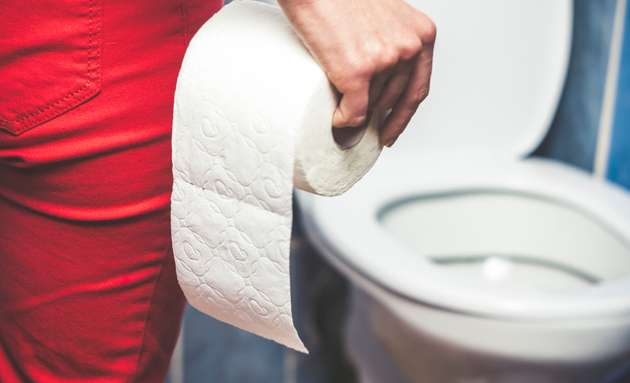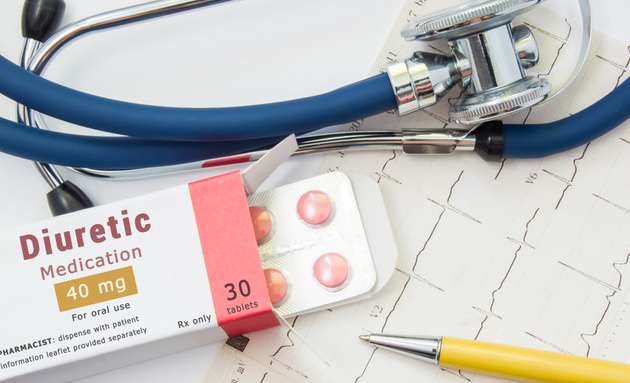Nocturia: What Are The Common Causes of Frequent Urination at Night
Is frequent nighttime urination disrupting your normal sleep cycle? You might have Nocturia.
What is Nocturia?
Frequent urination, especially at night, is called Nocturia. It is a common cause for sleep loss, especially among adults above the age of 60. People with severe nocturia may feel the need to urinate more than five times at night. Nocturia is often a symptom of other medical conditions.
However, it is not the same as bed-wetting or enuresis.
In enuresis, the person loses bladder control and empties itself, without waking up the person. But in Nocturia, a person wakes up due to the urge to urinate urgently.
What Are the Causes of Frequent Urination at Night?

Nocturia is usually associated with other medical conditions or lifestyle disorders. Let’s look at the various causes that can cause nocturia:
1. Drinking before bedtime
Drinking too much or too close to bedtime, especially alcohol or caffeinated drinks, can result in frequent urination at night. Avoid drinking before going to sleep and use the bathroom before you tuck in.
2. Infections

Nocturia is often caused due to urinary tract infection or bladder infections. These infections can result in a burning sensation while urinating and making frequent trips to the bathroom during the day and night.
3. Age
As you age, your body produces less of the antidiuretic hormone - a hormone that helps concentrate urine so that your bladder can hold it. This can result in poor bladder control and cause nocturia. It is generally experienced by people above the age of 60.
4. Medications

Certain medications, especially to treat high blood pressure, can cause nocturia as a side effect. In case you lose your ability to urinate or control your urges, consult your doctor at the earliest.
5. Sleep Disorders
Sometimes, a sleep disorder can also result in nocturia. If you have restless legs syndrome, chronic pain, sleep apnea, or depression, you may feel the urge to urinate once you wake up in the middle of the night. It can be treated while treating your sleep disorder.
6. Heart Conditions

Certain heart conditions can lead to a buildup of fluids in your body. When you’re lying down, the extra fluids fill up your bladder and find an outlet to exit. This creates a sense of urgent urination, especially at night.
7. Hypertension
A recent study in Japan found that nocturia may be linked to hypertension and high salt intake.
“Our study indicates that if you need to urinate in the night — called nocturia — you may have elevated blood pressure and/or excess fluid in your body," says study author Dr. Satoshi Konno, of the Division of Hypertension at the Tohoku Rosai Hospital in Sendai, Japan.
More research is underway to find the exact causal relationship between nocturia and other medical conditions.
8. Lifestyle Choices

Nocturia can also be caused due to excessive fluid consumption, especially alcohol and caffeinated beverages. These liquids cause your body to produce more urine, especially at night, making you want to wake up and urinate frequently.
9. Other Medical Conditions
Other medical conditions that can result in nocturia are bladder tumour, enlarged prostate, overactive bladder, and obesity.
10. Pregnancy

During pregnancy, as the womb grows inside, it presses against the bladder, making you want to urinate frequently. Nocturia can also be an early sign of pregnancy.
Nocturia is a common condition in older adults, with more than 50% of men and women above the age of 60 have reported frequent night time urination. However, nocturia can be managed if detected early. Speak to your doctor if you are experiencing symptoms too often for too long.
Until then, ensure you take the following measures:
- Drink your fluids earlier in the day and not exactly before bedtime
- Do not drink alcohol or caffeinated beverages in the last two hours before your bedtime
- Keep a track of how much, when, and what you are drinking to monitor any situation






